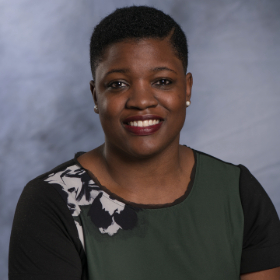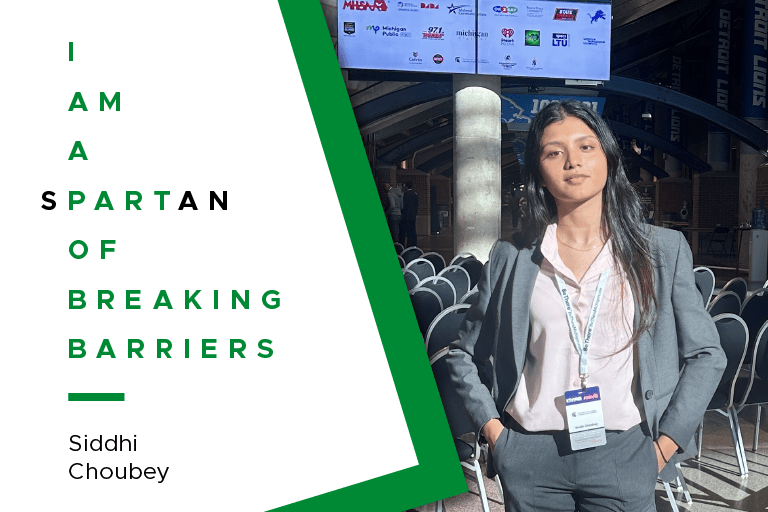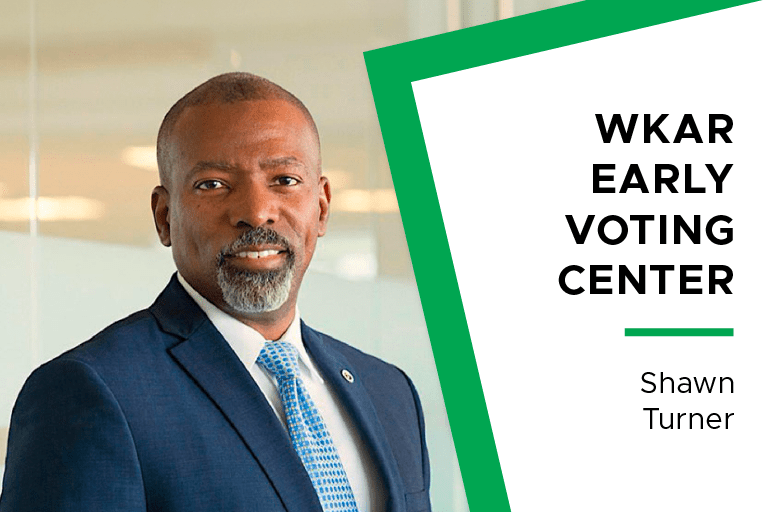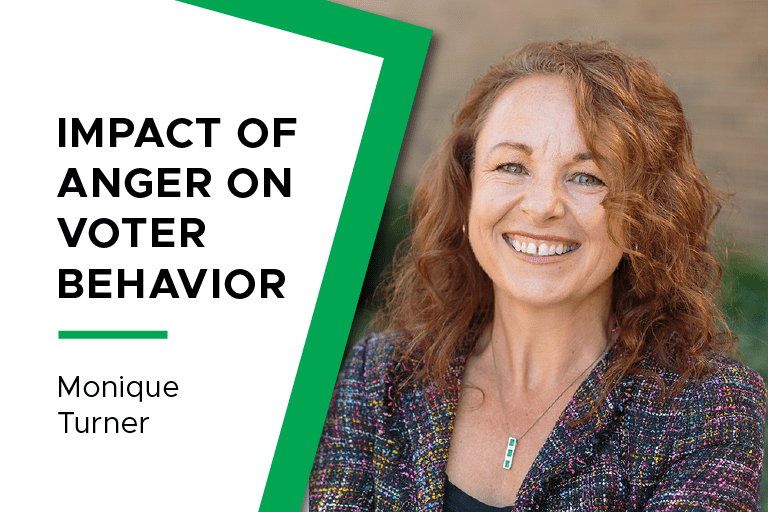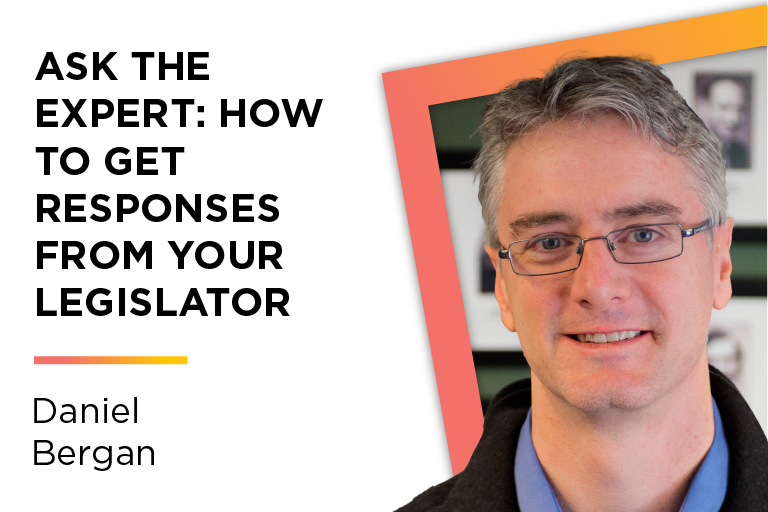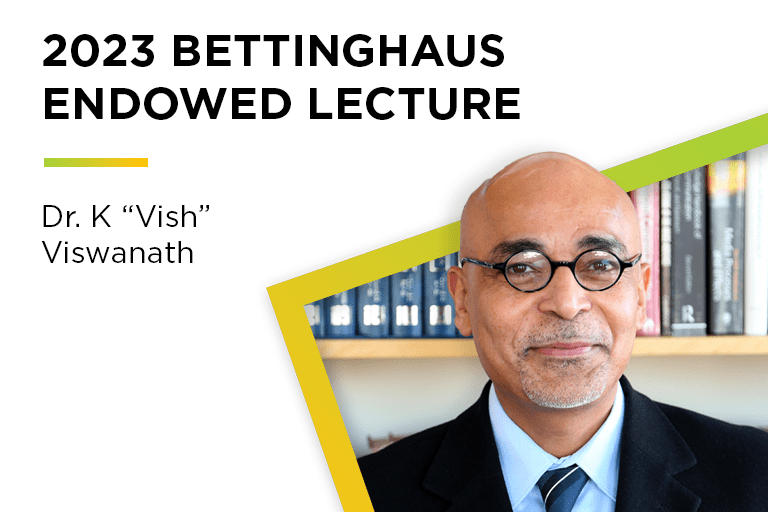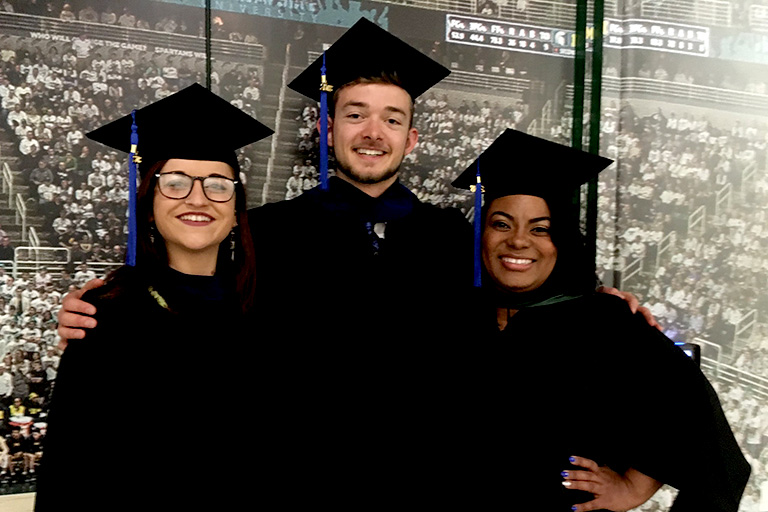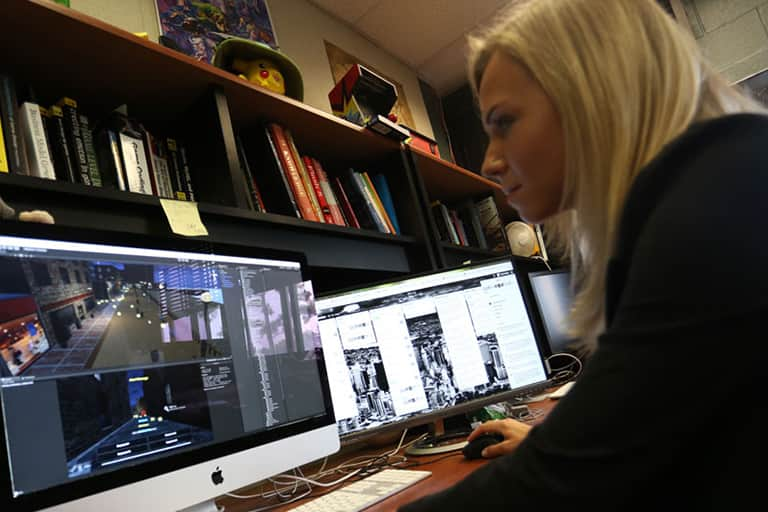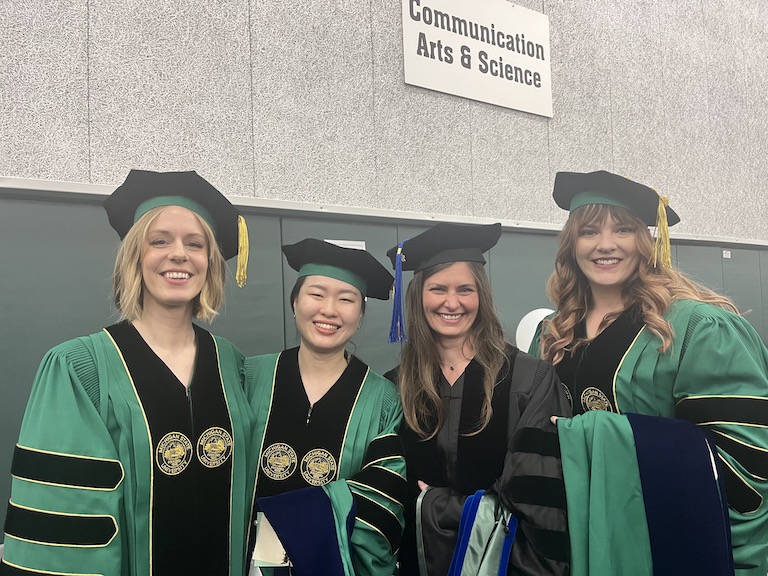Political Communication and Civic Engagement
Faculty in the College of Communication Arts and Sciences studying the relationship between media, politics and civic life are conducting research on the role of communication in the circulation of public affairs news and information. Working across the fields of journalism, political communication, information sciences, computer science and strategic communication, our researchers are using empirical findings to design interventions and promote engaged, informed citizenship in a rapidly changing media ecology.
Centers and Labs
The college's new Spartan Newsroom and Immersive Media Studio invite students to collaborate, gain real-life experiences and build professional skills. The expansive learning spaces sit in the middle of the first floor of the ComArtSci building. Students and faculty are free to move seamlessly from one area to the next when producing or creating content, or when working on collaborative media projects. In addition to applying their skills in news, animation and motion capture arenas, students and faculty can design and produce virtual reality broadcasts and 360 animation renderings for immersive storytelling. The newsroom and studio open up possibilities for cross-campus collaborations in almost any area, including those underway in athletics, health and medicine and theatre.
Learn More about the spartan newsroom and immersive media studio
The Knight Center for Environmental Journalism teaches student and professional journalists how to better report on the issues affecting the environment.
Featured Research
By solving practical problems that have pressing social concerns, faculty are focused on producing accessible research to guide strategies for organizations that design social and technological interventions.
Spartan Newsroom and Immersive Media Center
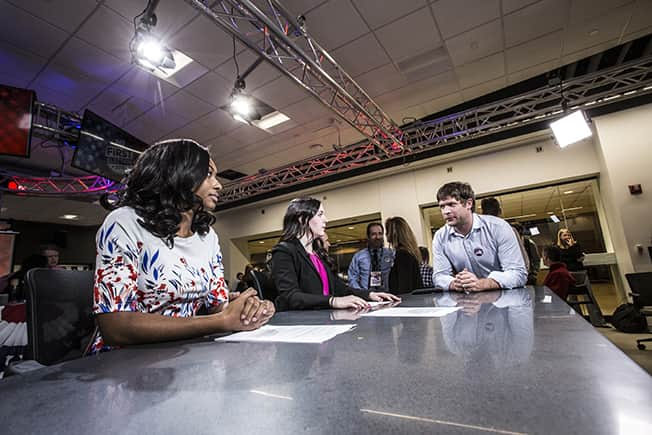
Offering the latest in motion capture and learning technologies for classroom collaboration, production and immersion, the college's new Spartan Newsroom and Immersive Media Studio invite students to collaborate, gain real-life experiences and build professional skills.
The innovative, cross-functional spaces equip students for 21st century jobs by engaging them in the development and delivery of news, animation, game design and immersive interactive media content involving motion capture, augmented and virtual realities.
Featured Researchers
Faculty
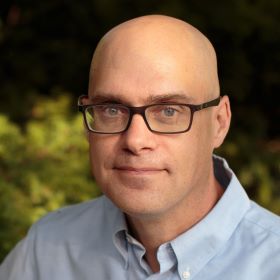
John Besley
Ellis N. Brandt Professor of Public RelationsDepartment
Advertising + Public RelationsDr. Besley is a science communication and risk communication scholar who studies public views about science and scientists' views about communication in the context of helping science communicators be more evidence-based and strategic.
Contact
Faculty
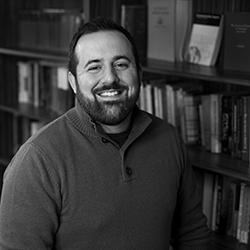
Faculty
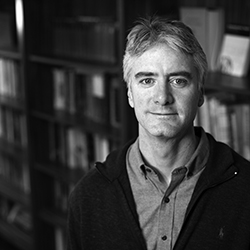
Daniel Bergan
ProfessorDepartment
CommunicationDaniel Bergan specializes in public opinion and experimental work on advocacy campaigns.
Contact
Faculty
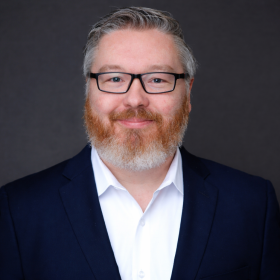
Dan Hiaeshutter-Rice
Assistant ProfessorDepartment
Advertising + Public RelationsContact
Faculty

Serena Miller
Associate ProfessorDepartment
JournalismSerena Miller (Ph.D., Michigan State University) is an Associate Professor at Michigan State University, former Methodology Associate Editor for Review of Communication Research, and a former Associate Editor for Journalism Studies.
Contact
Faculty
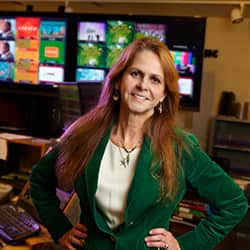
Lucinda Davenport
MSU Institutional Leadership Robert F. Banks AwardDepartment
JournalismDr. Lucinda D. Davenport has been recognized for her leadership, teaching and mentoring, scholarship, and community engagement and service at Michigan State University and nationally. She was also inducted into the state of Michigan Journalism Hall of Fame. She stepped aside as Director of the School of Journalism after 10 years. Before that, she was the Associate Dean for Graduate Studies and Research for the College of Communication Arts and Sciences.
Contact
Faculty
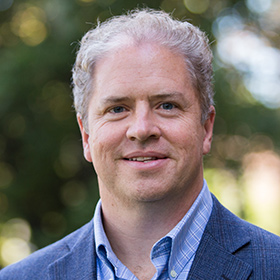
Keith Hampton
ProfessorDepartment
Media & InformationContact
Faculty
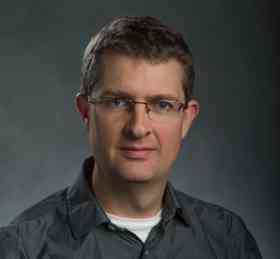
Perry Parks
Associate ProfessorDepartment
JournalismPerry Parks has argued that joy is a news value. He has theorized the role of poetry in journalism. He has advocated for re-centering the humanities in journalism research and practice. In general, Parks' research focuses on how taken-for-granted news norms and values unnecessarily limit how we think of news and what it can do for us.
Contact
Faculty
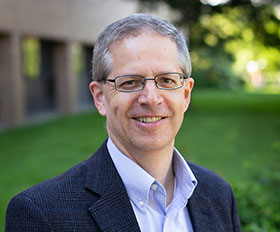
Tim Vos
School of Journalism DirectorDepartment
JournalismTim P. Vos is Professor and Director of the Michigan State University School of Journalism. Vos is an International Communication Association (ICA) Fellow and a past president of the Association for Education in Journalism and Mass Communication (AEJMC).
Faculty
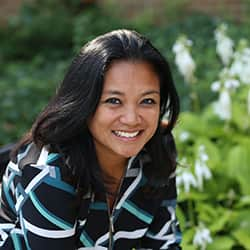
Geri Zeldes
ProfessorDepartment
JournalismGeri Alumit Zeldes, Ph.D., is a tenured professor in MSU’s School of Journalism. Her anthology includes journal articles, documentary films, radio documentaries, book chapters and a comic book - many works recognized by international communication associations such as the National Academy of Television Arts & Sciences and the Broadcast Education Association.
Contact
Faculty
